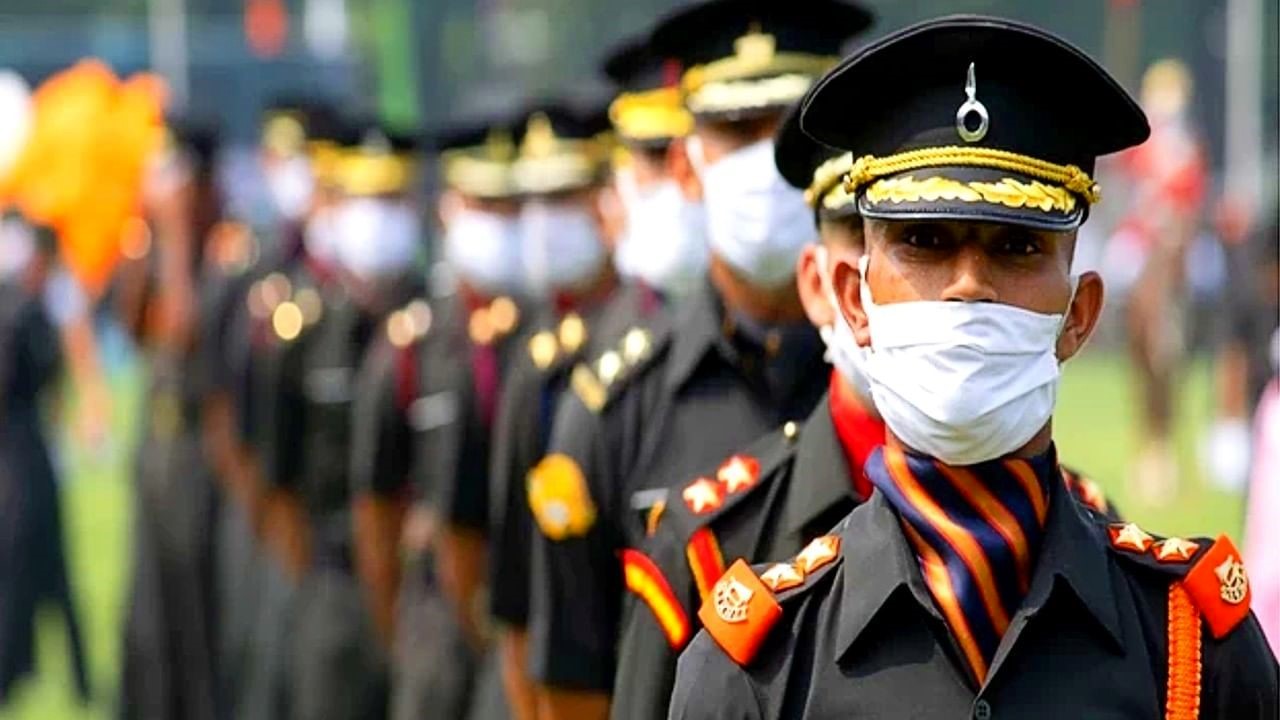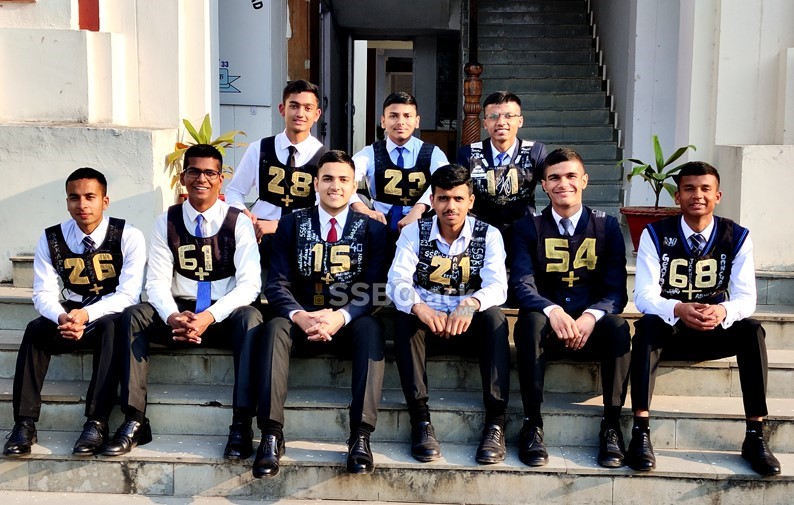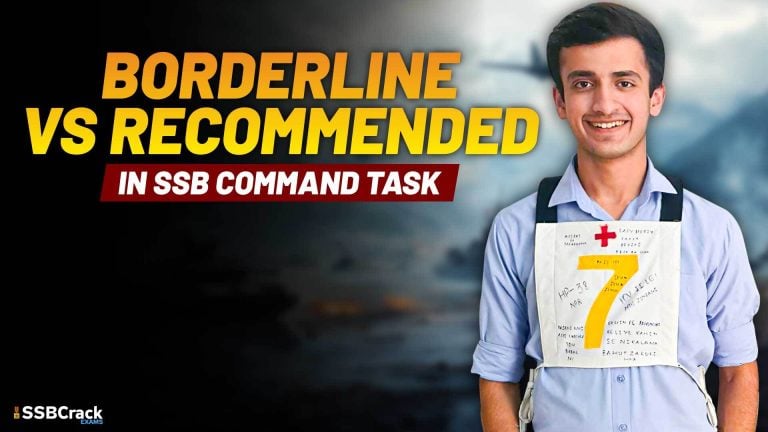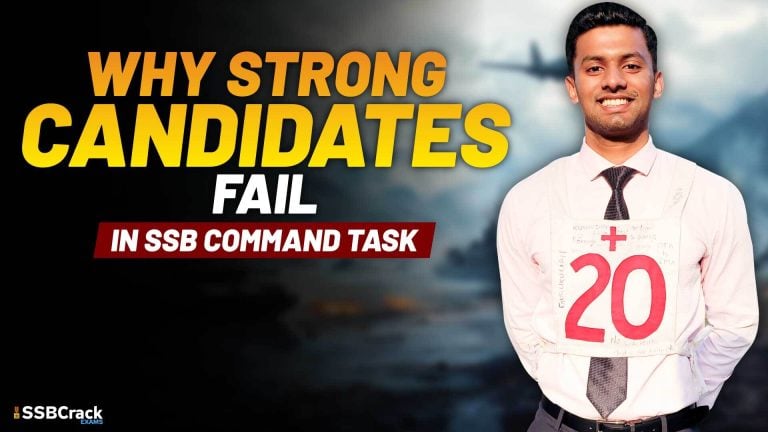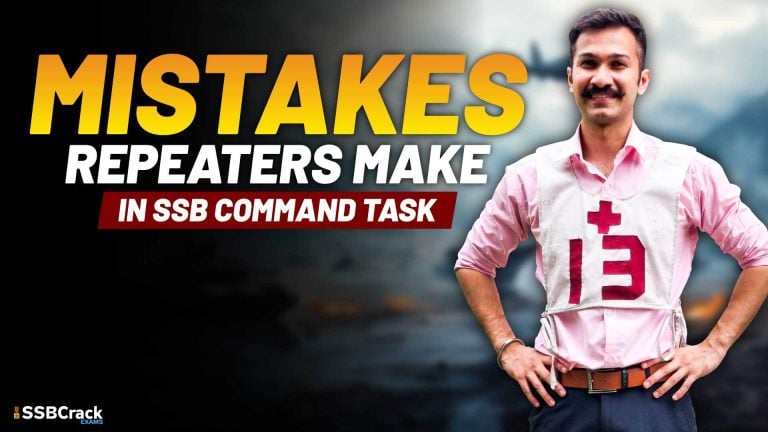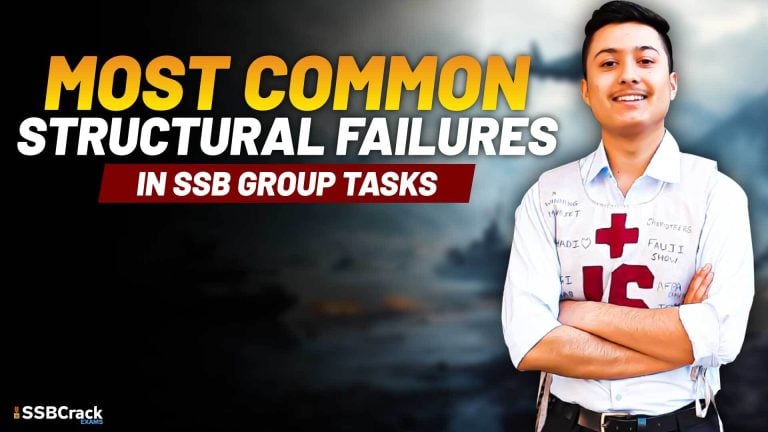Self-description is a crucial component of the SSB (Services Selection Board) interview process, as it provides the evaluating psychologists with valuable insights into the candidate’s self-awareness, communication skills, and overall personality. By articulating their strengths, weaknesses, aspirations, and unique qualities, candidates can demonstrate their suitability for a career in the armed forces.
In this comprehensive article, we will delve into 5 Examples of Self Description in SSB Interview, each illustrating how candidates can effectively present themselves during the SSB interview. These examples will not only serve as a guide but also inspire you to craft your own compelling self-description that resonates with the interviewers and sets you apart from the competition.
Understanding the Three Indian Armed Forces And Tips To Crack SSB interview
Example 1: Highlighting Parental, Teacher, and Peer Perspectives
One effective approach to self-description is to draw upon the perspectives of significant people in your life, such as your parents, teachers, and friends. By incorporating their observations and assessments, you can paint a well-rounded picture of your personality, abilities, and potential.
For instance, your parents might describe you as a bright, active, and capable child who can handle challenging tasks independently and is known for your friendly demeanor. Your teachers, on the other hand, might praise your intelligence, honesty, and organizational skills, entrusting you with responsibilities and team-based activities. Your friends, in turn, might highlight your helpful nature, trustworthiness, and commitment to any given task, appreciating your simple and easygoing personality.
By weaving these diverse viewpoints into your self-description, you can demonstrate a nuanced understanding of your strengths and showcase how you are perceived by the people who know you best. This approach not only showcases your self-awareness but also highlights your ability to build meaningful relationships and garner the trust and respect of those around you.
Example 2: Balancing Strengths and Weaknesses
A well-crafted self-description should strike a balance between highlighting your strengths and acknowledging your areas for improvement. This not only showcases your self-awareness but also suggests a willingness to grow and develop.
For instance, you might start by acknowledging that you have not fully realized your academic potential, but emphasize your responsible nature, helpfulness towards your family, and your effectiveness in taking on leadership roles and coordinating events. You could then express your commitment to putting in sustained efforts to excel in your studies, while also working on managing your occasional short-tempered nature.
By adopting this balanced approach, you demonstrate a nuanced understanding of yourself, a growth mindset, and the ability to take ownership of your development. This can be a powerful way to present yourself during the SSB interview, as it shows that you are self-reflective, honest, and motivated to continually improve.
10 Sample Answers For SSB SDT Question “What Qualities You Would Like To Develop In Yourself?”
Example 3: Emphasizing Positive Traits and Achievements
Another effective approach to self-description is to focus on your positive traits and notable achievements, showcasing your strengths and the value you can bring to the armed forces.
For instance, you might describe yourself as a kind-hearted, sympathetic, and sensitive individual who never misses an opportunity to help others. You could highlight your bravery, optimism, and readiness to take on adventurous tasks, as well as your academic excellence, leadership roles in extracurricular activities, and outstanding performance in NCC and sports.
By emphasizing your strengths and accomplishments, you can paint a compelling picture of your capabilities and potential, making a strong case for your suitability for a career in the armed forces. This approach can be particularly effective in showcasing your well-rounded personality and your ability to excel in diverse domains.
Example 4: Balancing Professional and Personal Perspectives
When crafting your self-description, it can be valuable to draw upon both your professional and personal experiences, creating a multifaceted portrait of who you are.
For instance, you might start by highlighting how your parents and employers view you as a responsible, punctual, and transparent individual who sets a positive example for others. You could then delve into how your colleagues and subordinates perceive you as a practical, cooperative, and honest person who is willing to decline unethical requests and convince others to act morally.
On the personal front, you could describe yourself as an optimistic, candid, and social person who is confident in their thinking and analysis, and takes initiative when the situation demands it. You could also express your desire to develop your existing qualities to the maximum level of perfection, emphasizing your openness to learning and growth.
By blending these professional and personal perspectives, you can create a comprehensive self-description that showcases your multifaceted personality, your values, and your suitability for a career in the armed forces.
Example 5: Articulating Aims and Areas for Improvement
The final example of a powerful self-description involves clearly articulating your aims in life and the specific qualities you would like to improve upon.
For instance, you might express your aspiration to become an officer in the Indian Army, inspired by your family’s military legacy. You could then detail the steps you are taking to achieve this goal, such as improving your physical and mental abilities through yoga and meditation, and working on enhancing your general knowledge.
Additionally, you could identify areas for personal development, such as strengthening your confidence, improving your vocabulary, or becoming more focused towards your goals. By outlining these specific areas of growth, you demonstrate a commitment to continuous self-improvement and a drive to reach your full potential.
This approach not only showcases your self-awareness and ambition but also conveys your willingness to put in the necessary effort to realize your aspirations. It can be a powerful way to leave a lasting impression on the interviewers and differentiate yourself from other candidates.
Cracked SSB Interview After Failing 5 Times
Conclusion
The examples outlined in this article provide a comprehensive guide on how to craft a compelling self-description for your SSB interview. By drawing upon diverse perspectives, balancing strengths and weaknesses, emphasizing positive traits and achievements, blending professional and personal insights, and articulating clear aims and areas for improvement, you can create a self-description that resonates with the interviewers and sets you apart as a well-rounded, self-aware, and ambitious candidate.
Remember, the key to a successful self-description is to approach it with honesty, authenticity, and a genuine desire to showcase your unique qualities and potential. By following these examples and tailoring them to your own experiences and aspirations, you can navigate the SSB interview process with confidence and increase your chances of securing a coveted position in the armed forces.
FAQs
1. How to write self description in SSB?
Highlight your key personality traits. Be firm in what you express and ensure consistency during your personal interview. Focus on positive qualities such as enthusiasm, hard work, and diligence. Provide a brief mention of your upbringing and family background.
2. How to start self description?
To write about yourself effectively, begin with a brief introduction that highlights your key personal and professional traits. Include anecdotes or experiences that demonstrate your skills and character. Be genuine and concise, focusing on qualities that are relevant to the situation, whether it’s for work, academics, or personal accomplishments.
3. Is SSB interview very difficult?
SSB interviews are known to be among the toughest. Candidates need thorough preparation to succeed. This article covers some key dos and don’ts to keep in mind during the interview.
4. What is the best self description for SSB interview?
My parents believe I am a bright and skilled child, capable of excelling in my academics. They see me as active and self-motivated, able to set my own priorities in life. They trust me fully to handle any task independently and complete it successfully.
